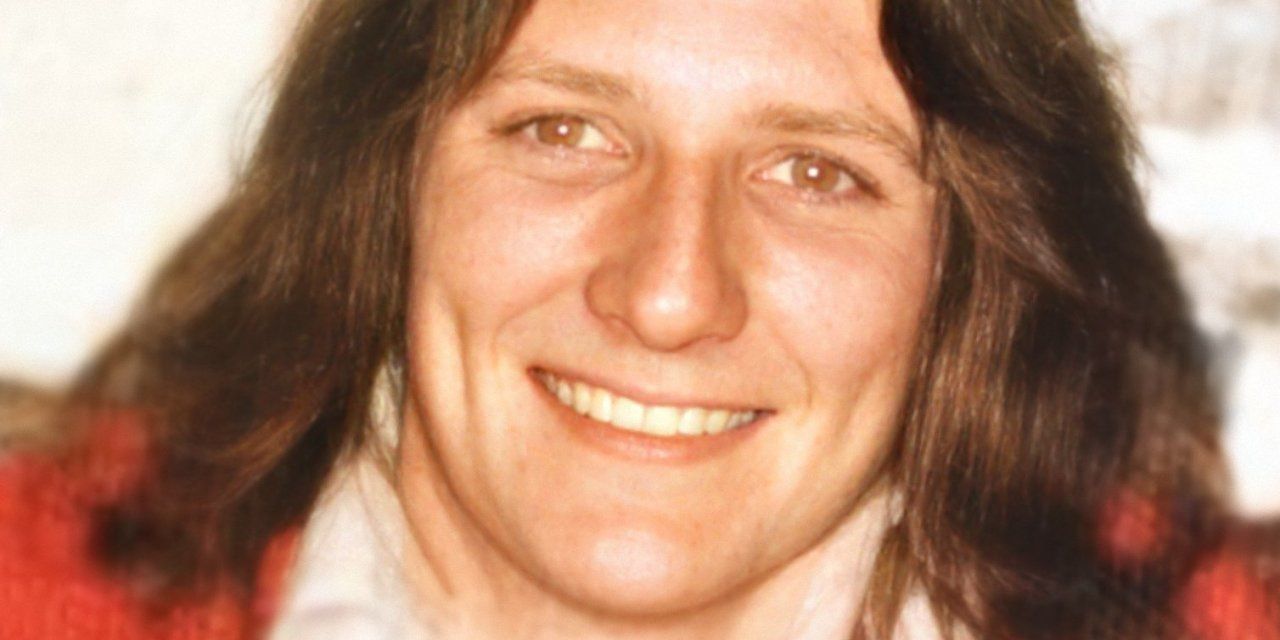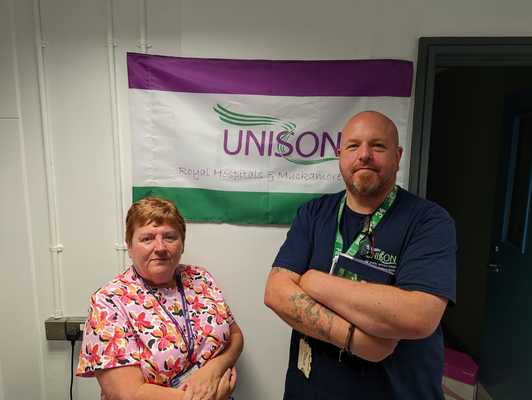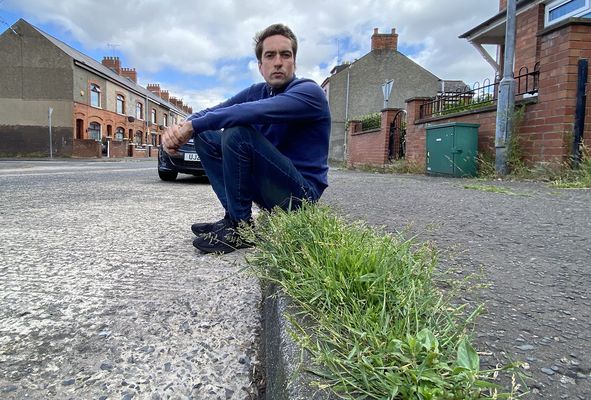OVER 10,000 people tuned in to hear Bobby Sands’ friends and comrades discuss his life and legacy as part of a series of events to mark the 40th anniversary of the 1981 Hunger Strikes.
During the annual Bobby Sands lecture, which was broadcast from the James Connolly Visitor Centre on the Falls Road, viewers were told how the hunger strikers had “died for a united Ireland".
Mary Maginn, who grew up with Bobby Sands in Rathcoole, recounted his early years at Stella Maris, told of his passion for football, and described how, in spite of loyalist violence, he was “very politically motivated from a young age".
Former POW and Sinn Féin MLA Jennifer McCann talked about Sands’ community and political activism during his time in Twinbrook, including his involvement in the local tenants’ association.
“He was very inspirational when we were growing up,” she said.
Sinn Féin Councillor and former blanketman, Séanna Walsh, paid tribute to all of those who died on hunger strike, noting the sacrifice of West Belfast men Kieran Doherty and Joe McDonnell.
“You’re talking about a whole generation of young republicans who simply refused to be intimidated, who refused to be criminalised, and decided that this country would be a lot better off without any British Government interference,” he said.
Reflecting on the legacy of the hunger strikes, leading republican activist, Jim Gibney, said the H-Block martyrs sacrifice was “about a united Ireland”
“It was about ending partition, and ending the injustice of partition,” he said.
“The people who died in prison, whether it was Frank Stagg or Michael Gaughan, or whether it was the lads themselves, they died for Irish independence. They died for a united Ireland.
“Yes, had the British Government introduced political status, or the Five Demands as it was, then no one would have died. But the fact of the matter is that it was a battle zone in the prison created by the British Government trying to impose its will on Irish republicans and they weren’t having it. And so, they died for a united Ireland in the prisons. I think it is important that we make that crystal clear.”
He described 1981 as “turning point” in the political struggle that led to the rise of Sinn Féin as an electoral entity.
“Out of that Sinn Féin as the political party we know today emerges,” he added.
“The decision that was taken inside Bobby Sands’ cell in the H-Blocks Prison Hospital, where he dies, the decision to stand him there leads to the party that Sinn Féin is today – in government in the North and on the cusp of government in the south.”








